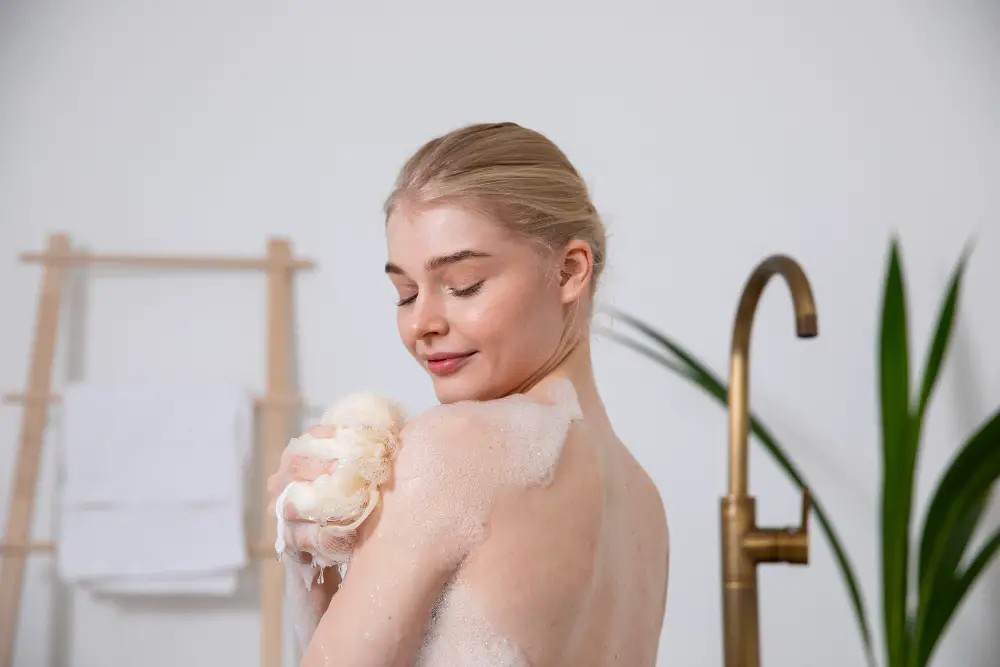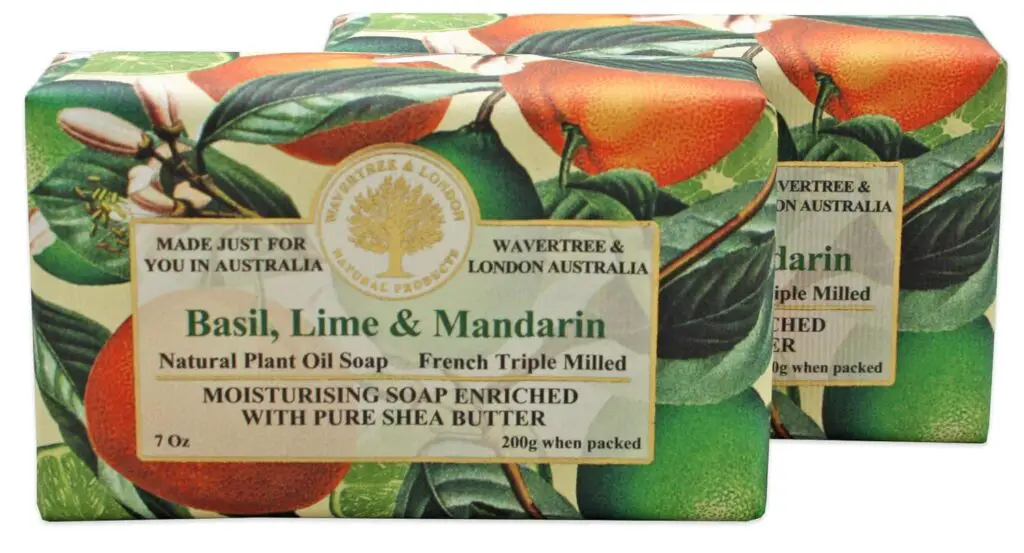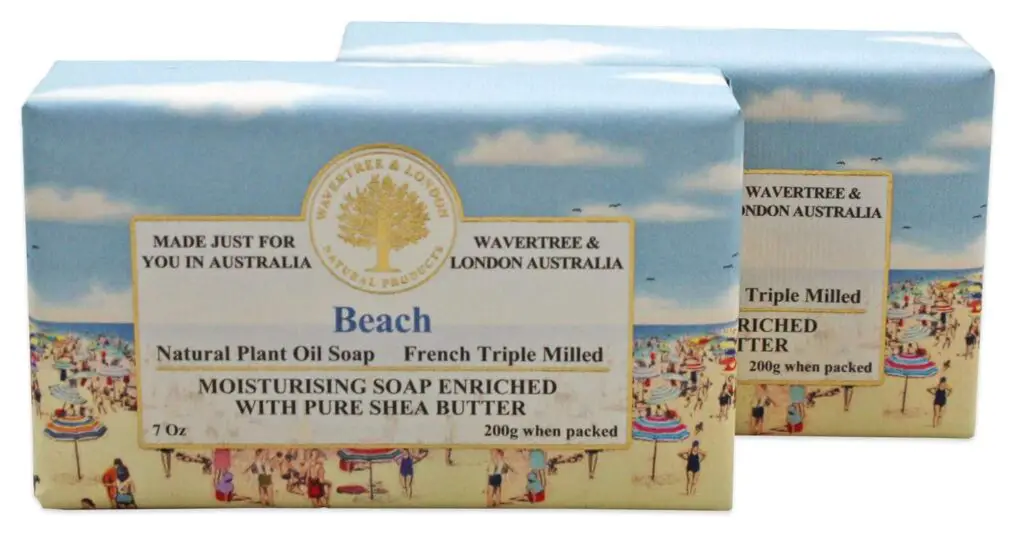The odds are in your favor. Not in a good way, as the odds in your favor might suggest. No, the odds are in your favor that you have sensitive skin. In fact, one of the latest comprehensive studies on skin health states that a whopping 71% of people in the United States identify as having sensitive skin.
This is a significant finding for two reasons.
- Twenty years ago, the number of people who identified as having sensitive skin was only 55%.
- There is a great demand for personal care products to meet the needs of these individuals.
A significant correlation between having healthy skin and mental health has also been shown. Yes, common skin conditions can carry a significant psychological impact. Research suggests that one-third of people who have a common skin condition – such as acne, dermatitis, and rosacea – also struggle with emotional disorders such as depression and anxiety.
So, sensitive skin affects more than just your appearance. It can affect your mood, sleep, leisure activities, work productivity, and social life. Maybe these are some issues you have faced, or perhaps someone you know?
One of the best things you can do if you have sensitive skin or want to keep from developing sensitive skin is to avoid products with harsh chemicals.
There is quite a list of harsh chemicals that can appear in your personal care products. From your makeup to soaps, shampoos, and lotions, if you are not careful, the things you are putting on your body every day can harm not only your skin.
Let’s read about a few of the nastier chemicals that companies still use in their products and about some very safe, effective, and luxurious products that can replace them. After reading this, you may want to head to your cupboard and see what you are using that could affect your skin and overall health.
Skin hazards are hidden in plain sight.
This article will highlight two of the most common and disruptive ingredients that can still be found in many personal care products.
- Parabens
- Sodium lauryl sulfate
Many other chemicals can be found in your most common personal care products, and part of the problem is that one ingredient can often have many different names. That’s why it’s so important to focus on genuinely natural products. To start, let’s dive into parabens and see what the buzz is about them.
Parabens
The name paraben encompasses a range of chemicals found in 85% of health and personal care products. From cosmetics to your shampoo, these chemicals are usually listed with the prefixes methyl, ethyl, propyl, isopropyl, butyl, or isobutyl.
You may have heard about parabens lately, as there has been some news about their potentially adverse health effects. You may not know that industries have been putting them in their products since the 1950’s. Their initial purpose was to retain the shelf-life of these products. They prevent harmful fungus, bacteria, and yeast from growing.
So, they serve a purpose, and industries could be forgiven for using them for so long. Yet, considering the most recent research, it would be best to avoid all parabens. Let’s look at what we know about these chemicals.

Links to breast cancer: Parabens can mimic the hormone estrogen inside the body. Estrogen has been shown to cause normal and cancerous breast cells to grow. A study released in 2004 found five different parabens in 19 out of 20 breast cancer tumors. The study found that these parabens can fuel the growth of these cancer cells.
Endocrine disruptors: We discussed how parabens can mimic estrogen and fuel cancer cell growth. Besides that disastrous side effect, what else can the intake of this chemical do? By mimicking estrogen, parabens disrupt the natural levels of endocrines in your body. This has been shown to lead to early puberty in girls, the growth of breasts in boys, adult-onset acne, and various behavioral and neurological disorders.
Cause allergic reactions: It has been well-known for a long time that parabens can cause allergic reactions. This is especially true in sensitive, damaged, and broken skin. That is why parabens are not generally used in antibiotic and hydrocortisone creams. Anything with parabens is especially inflammatory to people with pre-existing skin conditions such as psoriasis, eczema, or contact dermatitis.
Quickly absorbed by the skin: 2006 the Centers for Disease Control found parabens in nearly all 100 urine samples tested. This indicates that parabens are readily absorbed and have near-universal exposure to these harmful chemicals.
As you can see, applying paraben to your skin or hair is not a good idea. Research has been ongoing for years, and the more we learn about parabens, the more it makes you wonder, “Why are they still allowed?” That’s a good question. For now, know the dangers and make intelligent choices.
Our next chemical is also found in many products. And while it’s not quite as toxic, it’s still harmful and completely unnecessary as well.
Sodium lauryl sulfate makes bubbles at what cost?
This chemical compound, sodium lauryl sulfate (SLS), makes most cleaning products foam. Everyone loves a rich lather from their soap or shampoo. However, is there a chance that this lather could be harmful?
SLS has been labeled as a “moderate hazard” by the Environmental Working Group’s Skin Deep Cosmetic Safety Database. This label will seem even more surprising when you realize how many products you may use include this chemical. This “moderate hazard” has been linked to cancer, neurotoxicity, skin irritation, organ toxicity, and endocrine disruption.
So, where does a person need to look out for this product? Well, if it creates foam, it should be suspect. This emulsifier and foaming agent can be found in most body washes, soaps, shampoos, toothpaste, and laundry detergent. Even though this product comes from a natural source (coconuts), it becomes contaminated during the manufacturing process with a toxic byproduct called 1,4 dioxane.
The National Institute for Occupational Safety and Health rates 1,4 dioxane as “possibly” carcinogenic to humans. Possibly sounds an awful lot like probable. It may also cause adverse effects on the kidney, liver, and central nervous system.
Despite these issues, SLS is widely used in the products mentioned above, and it doesn’t look as though that will change anytime soon. For your protection and care, look out for SLS and any of the other names it can be called, including:
Sodium dodecyl sulfate, sulfuric acid, monododecyl ester, sodium salt, sodium salt sulfuric acid, sodium dodecyl sulfate, aquarex me, or aquarex methyl.
Now, that’s a long list of names to memorize. Instead of doing that or carrying this article around with you, we suggest buying reputable personal products made from 100% natural, plant-based ingredients.
Buy natural so you and your skin can rest easy.
Our recommendation to avoid shopping all over the internet or reading thousands of labels is to buy direct from Wavertree & London Natural Soaps. They are made in Australia and sold throughout the US under Australian Natural Soap.
This is Australia’s largest craft soap maker, and they take their responsibility to make only the finest products seriously. Their bar soap uses a specialty Italian milling machine, blending natural products pressed into the bar.
All their products contain the finest natural plant oils and shea butter. This way, you don’t have to wonder if you’re getting a product that’s detrimental to your skin. It will not irritate sensitive skin and is guaranteed never to contain harmful, unnatural ingredients.
To introduce you to their fine line of products, check out these wonderful natural liquid soaps.
Basil, Lime, and Mandarin Liquid Soap
It’s a longtime favorite fragrance.
Made from a blend of sustainable plant oils and ethically sourced shea butter. This delightful all-natural Castille soap is 100% biodegradable with no sulfates, petrochemicals, glycols, or artificial coloring.
Suitable for everyday use, this soap will soothe and nourish dry and sensitive skin.
Another newcomer to Australian Natural Soap is the Beach Soap Bar.
This fragrant soap boasts all the same properties as the Basil, Lime, and Mandarin soap. The same excellent natural ingredients, yet this soap bottle has something different: 3 fragrance layers.
The top layer is a fresh marine fragrance. The middle is a beautiful jasmine and anisic. And the bottom layer combines amber, vanilla, and musk.
And again, the thick lather produced is safe and nourishing for sensitive skin.
So, take the guesswork out of your personal care products. Choose products from a company committed to your overall health with only natural products. Click on the link above, save yourself the label reading, and give your skin the gift of natural care.
* In partnership with our friends at Australian Natural Soap LLC..* Photo courtesy of Australian Natural Soap LLC
* These statements have not been evaluated by the Food and Drug Administration. These products are not intended to diagnose, treat, cure or prevent any disease.
* The information available on ewellnessmag.com, including text, graphics, and other materials is for informational purposes only. Reliance on any information in ewellnessmag.com is at the user’s own risk. Sponsored product placement may appear in the article. The visitor of this website acknowledges that the information available on or through ewellnessmag.com is not and is not intended to be a substitute for professional medical advice. Copyright © 2023 Brawo Press, Inc. All rights reserved.







